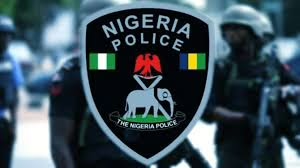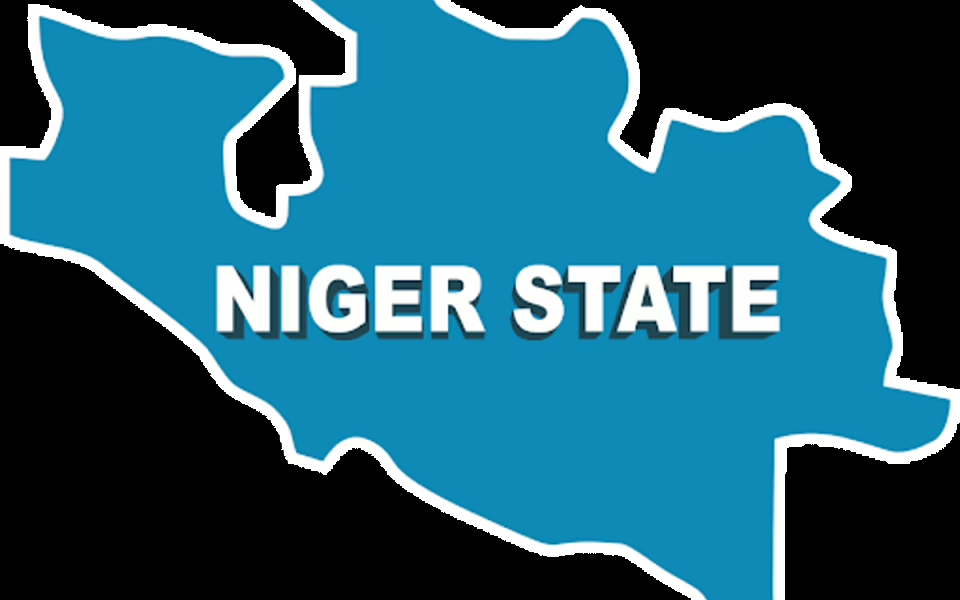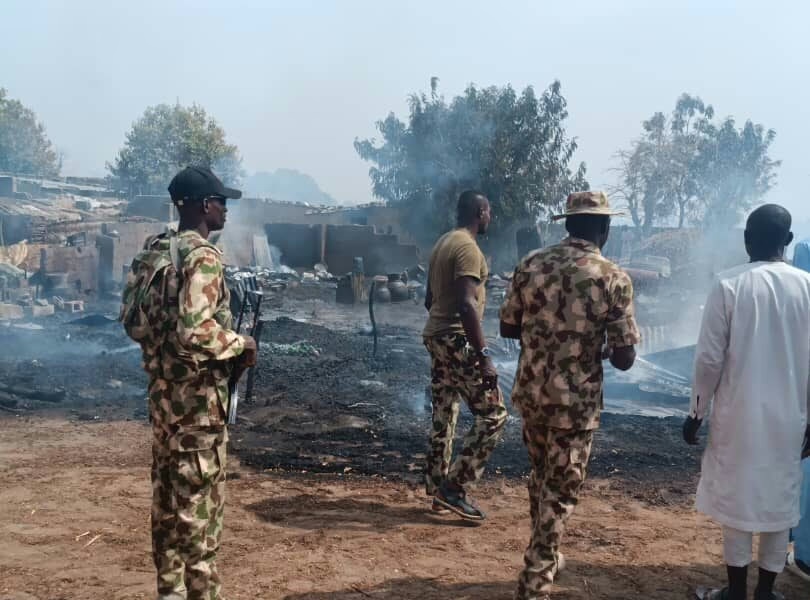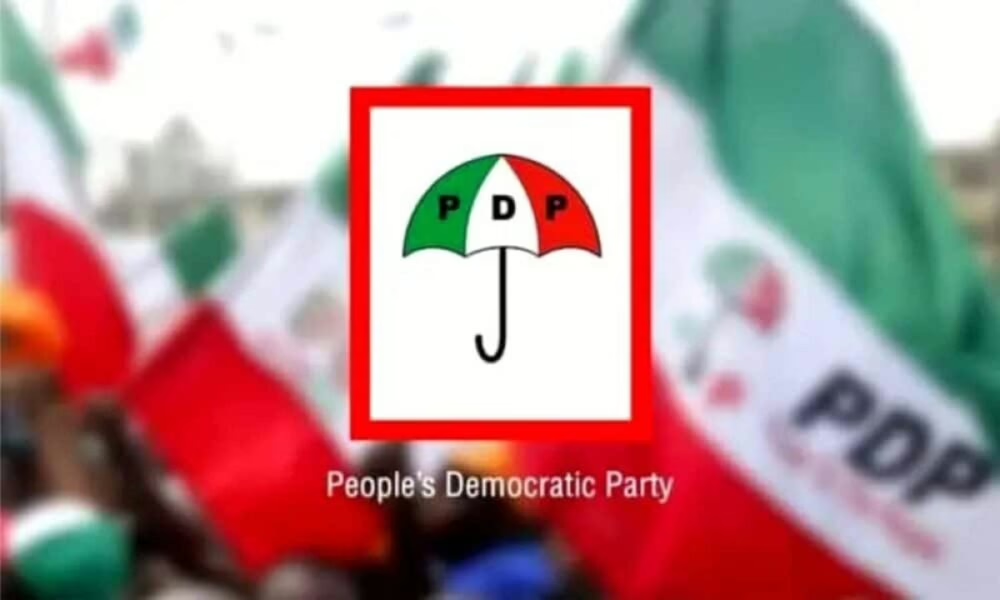Eminent Nigerians have stressed the urgent need to create a new constitution to accommodate the country’s diversity. Former Secretary-General of Commonwealth, Emeka Anyaoku; former Military Administrator of Imo State, Gen Ike Nwachukwu (rtd), former Vice President of the World Bank, Dr Obiageli Ezekwesili and Labour Party (LP) Presidential Candidate, Peter Obi, were among the eminent citizens that spoke at a colloquium on June 12, in Lagos, yesterday.
At the colloquium entitled ‘Securing the Future of Nigeria through a new Democratic People’s Constitution’, they noted that Nigeria is not working because it operates a constitution that does not suit its numerous challenges.
Anyaoku, who was Chairman of the event, noted that Nigeria, from the onset, had been facing challenges of managing its diversity, adding that the 1960 and 1963 constitutions were drafted to address the challenges until the military came in January 1966 and everything changed.
According to him, unless courageous action is taken to give the country a new constitution, the country will continue to move towards the precipice. He explained that some countries like Yugoslavia, Czechoslovakia and Sudan that failed to address their diversity ended up breaking into independent states, adding that other pluralist nations like Canada and India that addressed their diversity remained united.
“The 1999 Constitution, even as amended, lacked the legitimacy to address the diversity. Therefore, we need to get a new legitimate constitution that will tackle the challenges facing the country,” he said. “To arrive at the new constitution, a constituent assembly can be set up, which will comprise people democratically elected, and not on a political party basis. Membership of the constituent assembly should also consider the 1960 and 1963 constitutions and the recommendations of the 2014 Constitutional Conference.”
Nwachukwu noted that attempts had been made in the past to return Nigeria to true democracy, urging Nigerians to pray for a constitution that could accommodate the wishes of the people.
Nigeria, he said, needs a true federalist constitution that accommodates its diversity as a nation, adding: “We must all be committed to democracy.” For Ezekwesili, Nigeria is still struggling to have a democracy, whose journey is premised on the rule of law. “But Nigeria does not have that. Political freedom correlates with economic freedom and leads to productivity.” She said the lack of democracy dragged the country backwards.
According to her, what Nigeria has is a monopoly democracy; hence, it needs to be rescued immediately from experimentation. “It is time we had a new Nigeria and not the one the whites will dictate what it should do,” she added. On his part, Obi said the nation could achieve the feat by collectively voting for democracy as it did on June 12, 1993.
The former governor of Anambra State called on Nigerians to stand in defence of the nation’s democracy and protect it from being sabotaged. Obi said the consequences of not having a true democracy led to leadership failures that resulted in uncontrolled systemic corruption, high levels of insecurity, increasing poverty rate and unprecedented levels of hunger and hardship.











